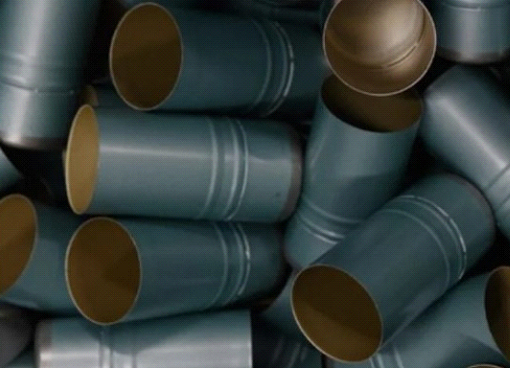Amcor Capsules, a global specialist in the production of caps and closures for wines and spirits, and Aludium, one of Europe’s leading aluminum suppliers, have announced a new partnership. The objective of the agreement is to manufacture and bring an aluminum product to market with a more than 50% reduction in carbon footprint compared to the average carbon footprint of primary aluminum sold in Europe. Compared to primary aluminum produced in China, it represents an average carbon footprint reduction of more than 80%.
Amcor Capsules and Aludium jointly developed a novel manufacturing technology for low carbon aluminum screw caps. Specifically, it is a certified and independently verified low-carbon aluminum product for use in screw caps. The new technology produces less than four tons of CO2 equivalent per ton of aluminum, from raw material extraction to delivery. These savings are made possible by the combined use of recycled content and the careful selection of low-carbon primary aluminum.
Bertrand Daru, sustainability director of Amcor Capsules, confessed that he is interested in providing environmentally friendly products. “We are already leading the market with 96% of our products ready for recycling. But we want to go further and reduce the levels of CO2 emitted during manufacturing. Our aluminum screw caps now offer a more sustainable alternative for wine and spirits brands and distributors.“reiterated the executive.
Michael Brandner, Aludium’s director of specialty sales, added: “As a pioneer in bringing certified low-carbon aluminum alloys to market, Aludium is delighted to be working with Amcor to continue to drive greater sustainability in packaging solutions. Thanks to Aludium’s strong investments in assets, technology and processes, we are helping customers and end users achieve their carbon reduction goals.”
Amcor Capsules announced its partnership with Aludium to meet its commitment to reduce its carbon emissions by 18% by 2025. This pledges to meet targets based on scientific research, and commits to reaching net-zero global emissions by 2050.








